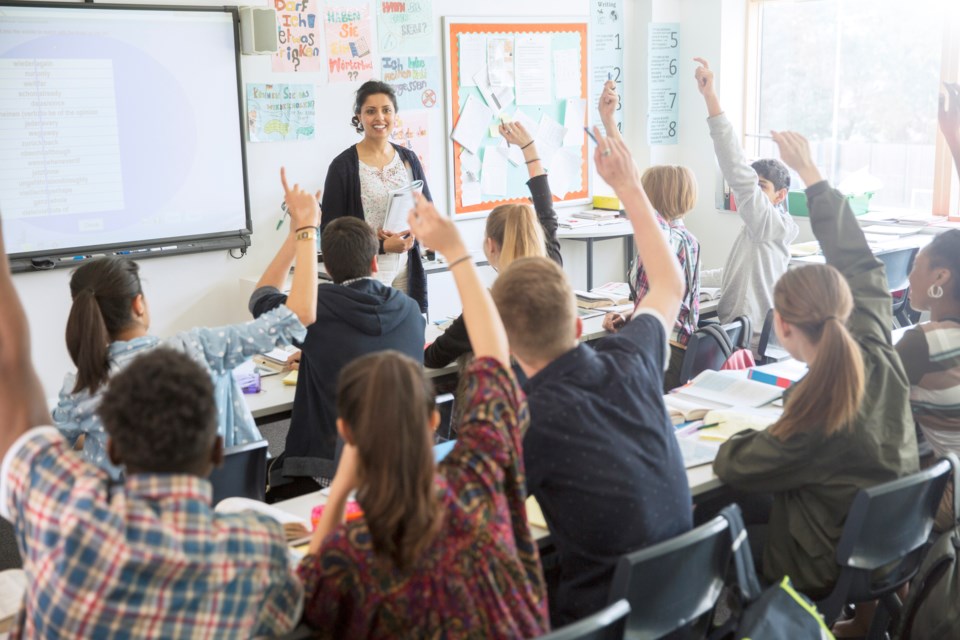Academic freedom is a cornerstone of democracy. Academic freedom, therefore, should be cherished by both the left and the right. When this freedom is threatened, it should be a concern to all of us.
Academic freedom is misunderstood by many. As an educator, I want to teach my students how to think, not what to think. I want them to look at historical events, learn from their ancestors’ successes and mistakes, and recognize their responsibility to the world around them. I want them to question why things are the way that they are and recognize that finding the answers to these questions is a lifetime journey.
I also recognize that academic freedom does not mean the same thing for students as it does for teachers. While I am challenged to put my personal opinions aside, students are encouraged to test their biases as part of their learning process. The greatest compliment to me as a social studies teacher is when my students challenge my perspectives.
My own bias stems from the belief that the most effective test of the health of a society is the level of respect shown to all members of that social construct. I have yet to find a person who does not want to be treated with dignity and I believe that society should provide a means for that to happen.
This has been a common lens used in studying history, especially in light of the Holocaust and the brutality that reigned in the 20th century. As a person with family members who lived in Germany during this time, my life journey has been to understand how the Holocaust happened and to live in a way that prevents such horrendous crimes from ever happening again.
I, therefore, become very alarmed when I see laws enacted that restrict the honest analysis of both history and current events. It seems contradictory that limits to seeking truth are being pursued by people who claim to value democratic rights.
Laws have been passed in Poland in the last five years that punish those who point out the complicity and cooperation of Polish citizens in the crimes of the Holocaust. Covering up this responsibility remains common in much of Europe to this day and we’ve seen historians harassed and chastised for drawing attention to the antisemitic acts of so-called national heroes.
Canada’s own Deputy Prime Minister Chrystia Freeland has been far from transparent about the fact that her Ukrainian grandfather was editor of a Nazi propaganda publication during the Second World War, a newspaper stolen from Jewish owners. While Freeland and her party dismiss this as Russian propaganda, the evidence, as recounted in the Globe and Mail and the Ottawa Citizen, appears irrefutable.
Few would argue that the trans-Atlantic slave trade was one of the most brutal, horrific, and long-enduring violations of human rights in history. The governor of Florida, however, is using a “Stop Woke” platform to make the analysis of this history and discussion of its impact a sanctionable offense for educators. If their state and their country is ever to rebuild trust and respect, honest analysis of historical truth is vital.
There are governments around the world that have encouraged the unearthing of uncomfortable facts by their academics and their school systems. Few would argue that Germany leads the way in Holocaust education and has one of the most stable and transparent governments in the western world. Countries like Canada and New Zealand are also showing tentative improvements since the discussion of their crimes of colonialism has become more open.
As University of Ottawa historian Jan Grabowski states, “The defence of history and the struggle to preserve our right to know what has happened are among the foundations of the democratic system.”
Honest discussion of crimes against humanity and their impacts must never be legislated out of our schools.
Truth is power and it liberates us all.
Gerry Chidiac is a Prince George writer.


